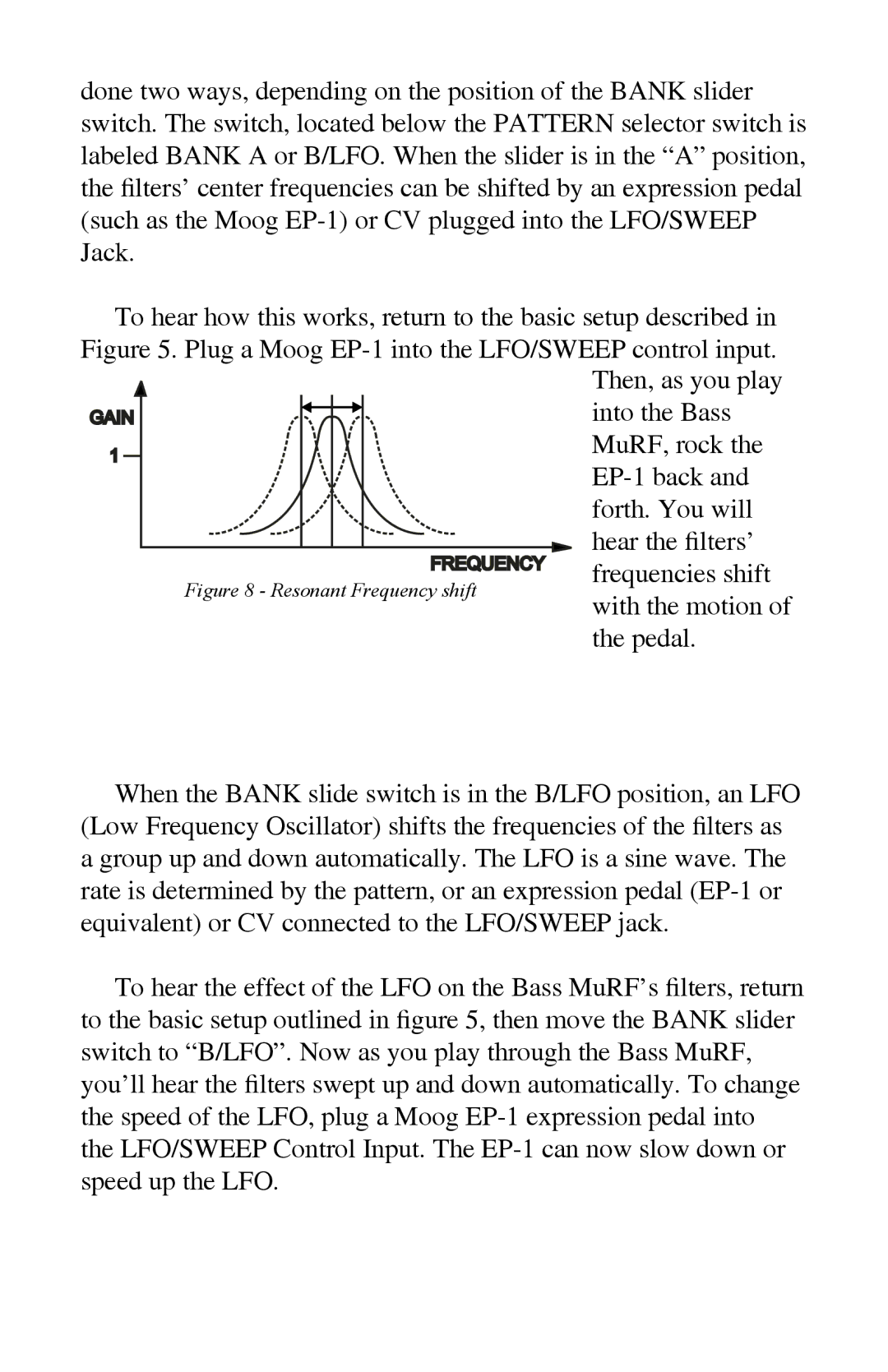MF-105B specifications
The Viper MF-105B is a cutting-edge multi-function radar system designed to meet the evolving needs of modern military operations. Equipped with advanced technologies, the MF-105B stands out for its versatility and capability in various combat environments.At the heart of the Viper MF-105B is its advanced phased array radar technology. This system allows for rapid beam steering, enabling it to track multiple targets simultaneously with high accuracy. The radar's range is impressive, capable of detecting aerial threats at distances exceeding 250 kilometers, making it suitable for both air defense and surveillance roles.
One of the key features of the MF-105B is its multi-mode operation. The system can seamlessly switch between different operational modes including air-to-air, ground surveillance, and maritime tracking. This flexibility ensures that it can be deployed in a variety of scenarios, from monitoring coastal waters to providing early warning in air defense scenarios.
The MF-105B employs sophisticated signal processing algorithms which enhance target discrimination even in cluttered environments. This capability is particularly beneficial in urban warfare or environments with high electronic interference. Additionally, the radar system can operate in harsh weather conditions, ensuring continuous operational capability regardless of environmental challenges.
In terms of networking capabilities, the Viper MF-105B is equipped with advanced communication systems that allow for real-time data sharing with other platforms and command units. This interoperability is crucial in modern warfare, where coordinated operations across multiple branches of the military can significantly enhance operational effectiveness.
The radar system is designed to be easily transportable, allowing for rapid deployment to various operational theaters. Its lightweight design combined with rugged construction makes it suitable for air transport, thus ensuring that it can respond quickly to emerging threats.
Moreover, user-friendliness is a major consideration in the design of the MF-105B. The intuitive interface and advanced display systems enable operators to make informed decisions quickly, minimizing reaction times during critical operations.
In summary, the Viper MF-105B represents a significant advancement in radar technology, offering a robust and versatile system capable of addressing the diverse challenges faced by modern armed forces. Its combination of advanced detection capabilities, multi-mode operation, and strategic communication ensures that it remains a vital asset in various military applications.

